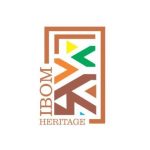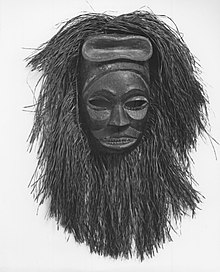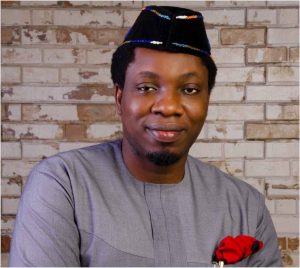It was President Ibrahim Babangida that actually said that Akwa Ibom State is founder of modern Nigeria. When did he make this statement? When he created Akwa Ibom state, carved out of Cross-River State. This was in September 23, 1987, after a long struggle of 4 decades.
How Modern Nigerian States Began?
Creating Akwa Ibom State was fair and right seeing that Ibibio people were among pioneer groups in the struggle for State Creation. They mounted this struggle using the Ibibio Union. Meanwhile, this Ibibio Union – a socio-cultural organisation founded in 1928 – later transited to a goal driven institution in 1948. The union was known, back then, for ability to unite the Ibibio people thereby giving them one voice to contribute to the development of society.
Record: Ibibio Union was Nigeria’s first ever socio-cultural group.
However, beginning from 1967 when the 12 state structures was established by the then Military ruler Gen. Yakubu Gowon, the mainland part of Calabar province in eastern Nigeria was only known as the South-eastern state.
This did not feel good to the people and so it led to the name change to Cross River State in 1976.
It was just one of the ways to calm their agitation but the Ibibios and their Annang, Ekid, Oro relatives still wanted a state of their own. As such, the struggle continued.
Buhari Rejected, Babangida Accepted
After the fall of the 2nd republic in 1983, paramount rulers of 10 local government areas of mainland Cross River State sent to the then military ruler Mohammudu Buhari demanding the creation of Akwa Ibom State. This it was fruitless pursuit.
Record: Ibibio Union was one of Africa’s first groups to send indigenes on foreign scholarship.
The Ibibio People, known for their undaunted nature, kept the pressure on. In the course of this struggle, another opportunity came in 1986, when Gen. Ibrahim Babangida set up a bureau to define the political direction of the country. The fathers of Akwa Ibom State submitted the memo again. This time, it won the favour of the President Babangida.
What Babangida Thinks of Akwa Ibom State and Modern Nigeria
When he visited his newly created State, this is what Babangida said;
“I do not exaggerate when I say that all the states in the federation owe a huge historical debt to the people of Akwa Ibom State, because … the cradle of the movement of state creation is here. In this sense, it can be said that you are the founders of modern Nigeria.”
Akwa Ibom state is one of the most important states in South-South Nigeria. It has since grown into 31 local government areas with diverse peculiarities. It is also one of Africa’s largest producer-states of Oil.
For more on the story of Akwa Ibom State, click here.
Written by
Jabborro PR, Uyo
Keywords
“when did they create Akwa Ibom state in Nigeria”
“Akwa Ibom was created in which year”
“how was Akwa Ibom created”
“facts about Akwa Ibom ladies”
“what do they know Akwa Ibom for”
“Akwa Ibom map”





